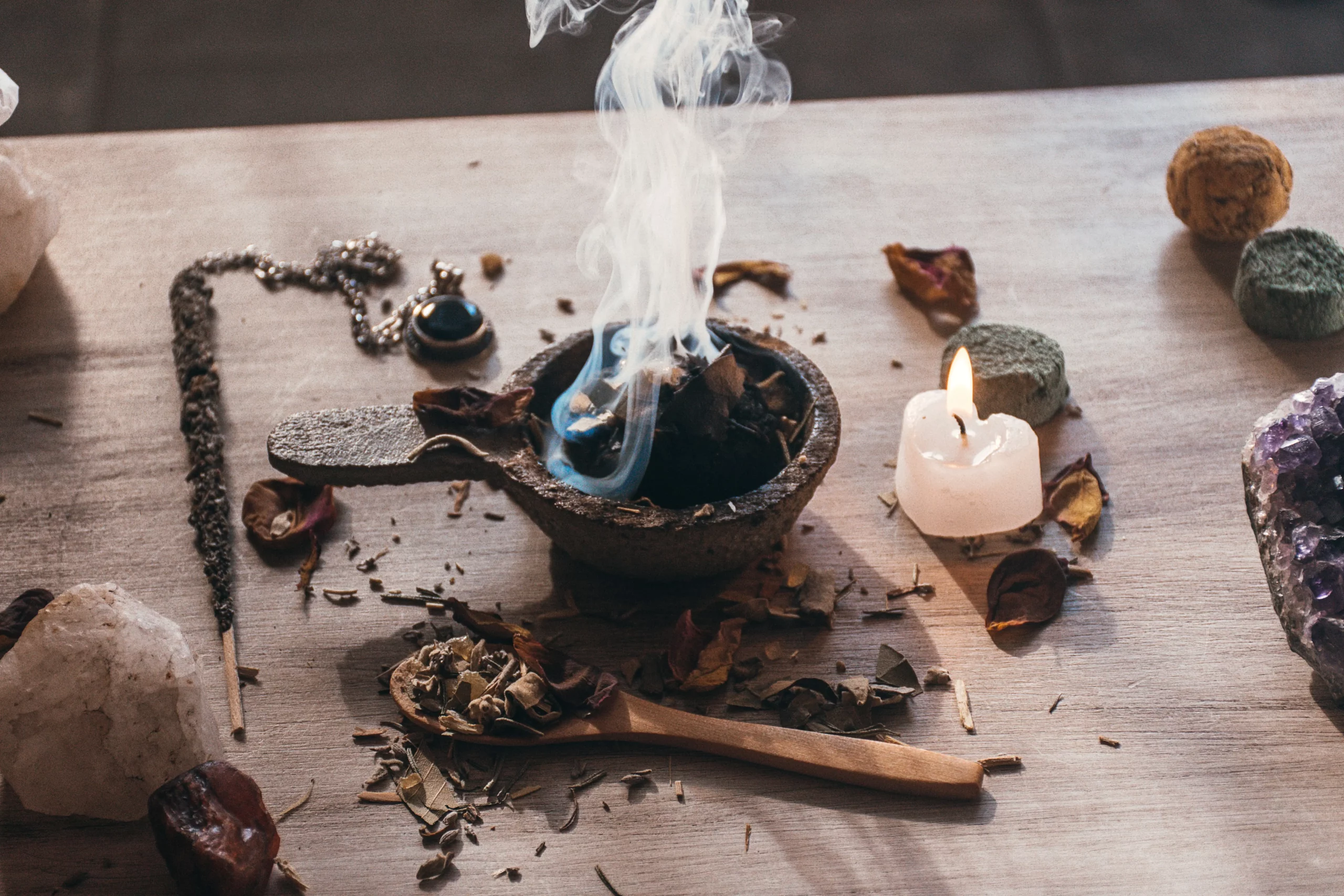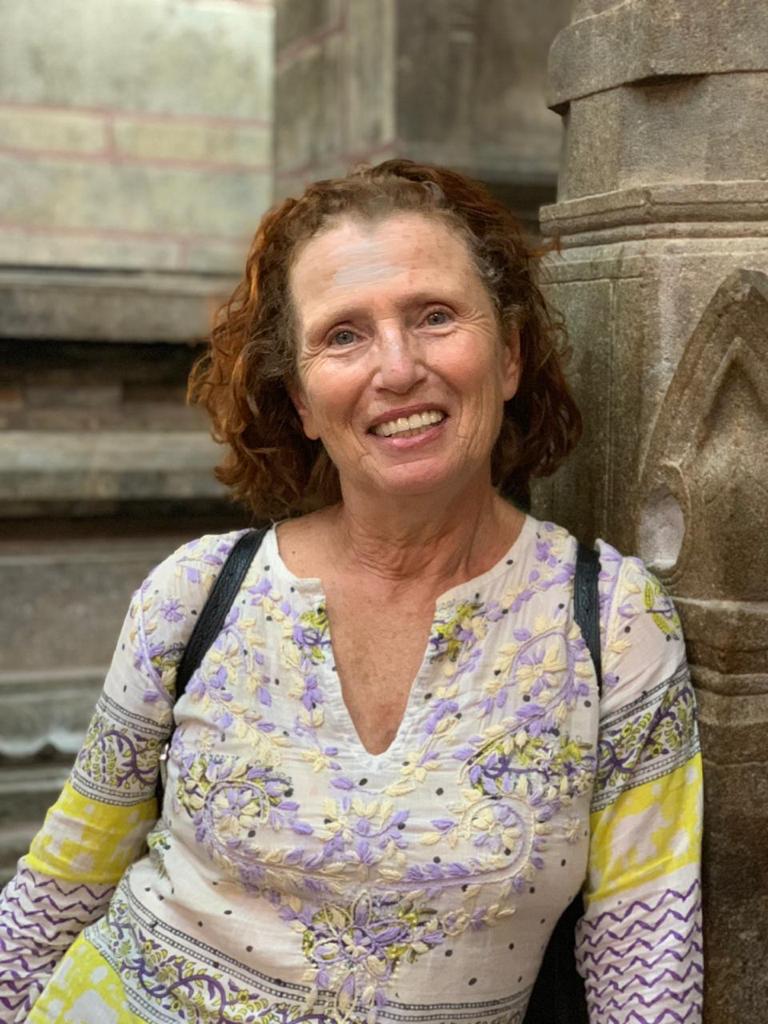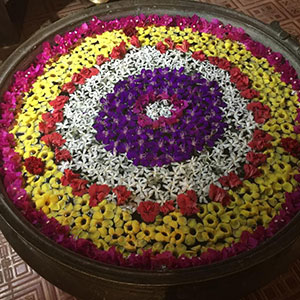Chinese Traditional Medicine represents an ancient medical system with roots stretching back over millennia. It integrates a variety of practices, such as acupuncture, herbal remedies, dietary advice, and exercises like tai chi and qigong, aiming to balance the body’s vital energy, or Qi. Let’s find out what it actually is, what practices it includes and how it may help you.
What Is Traditional Chinese Medicine?
Traditional Chinese Medicine (TCM) is an eastern medicine system that has evolved over thousands of years in China. Central to TCM is the concept of Qi (vital energy) flowing through pathways in the body called meridians.
TCM practitioners believe that health issues arise when there is an imbalance or blockage in this energy flow. By using various techniques to restore balance and ensure smooth flow of Qi, TCM seeks not just to treat illness but to maintain wellness and prevent disease. This approach is holistic, considering the individual’s body, mind, and spirit in diagnosis and treatment altogether. According to TCM, harmony between all these is critically important for an individual’s health.
What’s the Idea Behind TCM?
The core idea behind ancient Chinese medicine is the concept of balance and harmony within the body and between the body and its external environment. TCM is grounded in the philosophy of Yin and Yang, two opposing yet complementary forces believed to be present in all aspects of life and health. According to TCM, health is achieved when these forces are in equilibrium and the body’s vital energy, or Qi, flows freely through pathways known as meridians.
Disease or discomfort is thought to arise from disruptions in this balance, whether from external factors like climate and lifestyle, or internal factors like emotions and genetic constitution. TCM tries to treat these issues in a holistic way.
The History of Traditional Chinese Medicine
The traditional Chinese medicine history spans thousands of years, with its roots in ancient Chinese culture and philosophy. Key milestones include:
- Shennong’s Herbal Classic (around 2800 BC). Considered one of the earliest texts on herbal medicine, serving as the foundation of TCM, the author is considered to be the mythical emperor Shennong.
- The Yellow Emperor’s Classic of Internal Medicine (Huangdi Neijing, around 2600-3000 BC). A foundational text that forms the theoretical basis of TCM, discussing the concepts of Qi, the meridian system, and the importance of balance between Yin (negative, dark, feminine energy), and Yang (positive, bright, masculine energy).
- Development of Acupuncture and Moxibustion. Techniques for stimulating specific points on the body, detailed in texts like the Systematic Classic of Acupuncture and Moxibustion (Zhen Jiu Jia Yi Jing) from around 281-341 AD.
- Ming Dynasty (1368-1644). Significant advancement in TCM, including the compilation of the Compendium of Materia Medica (Bencao Gangmu) by Li Shizhen, a detailed study of different herbs.
Through centuries, TCM has been influenced by changes in Chinese society, philosophy, and advances in medical practice, to maintain its relevance and adapt to modern health needs.
What Kind of Practices Does TCM Use?
TCM healthcare uses a holistic approach to health and healing, using a variety of practices aimed at restoring balance and the body’s natural healing abilities. These include:
- Acupuncture. Inserting thin needles at specific points on the body to balance energy flow.
- Moxibustion. Burning dried mugwort on or near the skin’s surface to warm and upgrade the flow of Qi in the body and get rid of certain pathogenic influences.
- Cupping. Applying cups to the skin to create suction, helping blood flow and easing stress on the Qi.
- Herbal Medicine. Using plant-based formulas to treat a wide range of conditions.
- Dietary Therapy. Crafting nutrition plans that fit an individual’s health needs based on TCM principles.
- Tai Chi and Qigong. Incorporating gentle movements, meditation, and breath control to improve Qi flow and overall well being.
- Tui Na. A therapeutic form of massage that helps to open the body’s defensive (Wei) Qi and get the energy moving in the meridians and the muscles.
Together, these practices form the backbone of TCM.
Benefits of Traditional Chinese Medicine
Traditional Chinese Medicine (TCM) offers a unique approach to health, focusing on the body’s inner ability for self-healing. The benefits of this ancient system, if performed by experienced Traditional Chinese Medicine practitioners, are many. One of the core advantages is its holistic approach, considering the physical, mental, and emotional aspects of an individual’s wellbeing, not just treating physical symptoms like traditional healthcare. Chinese healing practices, such as acupuncture, herbal remedies, and qi gong, work altogether to restore balance and harmony within the body.
These methods can help manage chronic pain, improve sleep, reduce stress and anxiety, and treat a wide range of conditions. Even more, TCM practitioners handcraft treatments to the individual, offering care that addresses the root cause of health issues rather than just symptoms. This patient-centered approach is what leads to more sustainable and long-term health benefits.
What Should I Expect From Traditional Chinese Medicine on My First Visit?
On your first visit to a Traditional Chinese Medicine (TCM) provider, expect a well-rounded approach to your health. The practitioner will likely ask detailed questions about your lifestyle, diet, and health history to gain an understanding of your condition. This may be followed by a physical examination, which can include observing your tongue, checking your pulse at several points, and possibly palpating certain areas of your body.
These practices help in diagnosing imbalances and determining the most effective treatment plan, which might include acupuncture, herbal remedies, dietary advice, etc. If you’re searching for a TCM provider near New York, NY, consider scheduling an appointment with Firebird Acupuncture. At our location you’ll find a welcoming environment where our practitioner is dedicated to addressing your specific health concerns through TCM treatments.



